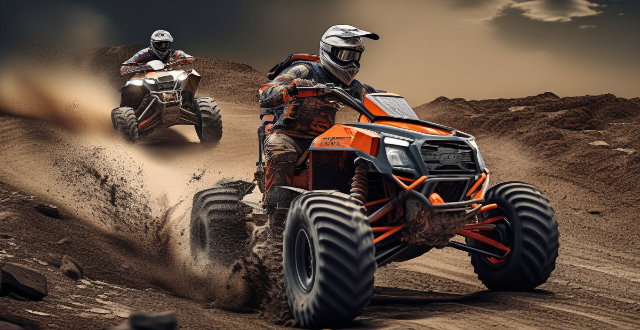Brushless motors are more efficient than brushed motors due to their lack of friction, reduced maintenance requirements, higher RPM range, improved torque control, and better power-to-weight ratio.

Are Brushless Motors More Efficient Than Brushed Motors?
Introduction
In the world of electric motors, there are two main types: brushed and brushless. Both have their advantages and disadvantages, but when it comes to efficiency, which one reigns supreme? In this article, we will delve into the differences between these two types of motors and determine which one is more efficient.
Brushed Motors
Brushed motors, also known as DC motors, use a commutator and carbon brushes to change the direction of current flow in the rotor coils. This design allows the motor to spin continuously in one direction. However, the presence of brushes leads to several issues that affect the efficiency of the motor.
Issues with Brushed Motors
1. Friction: The brushes rub against the commutator, creating friction and heat. This friction reduces the overall efficiency of the motor.
2. Wear and Tear: Over time, the brushes wear down due to constant contact with the commutator. This requires regular maintenance and replacement of the brushes, increasing the overall cost of ownership.
3. Limited RPM Range: Brushed motors typically have a lower maximum RPM than brushless motors, limiting their top speed and performance.
Brushless Motors
Brushless motors, also known as BLDC (Brushless Direct Current) motors, use electronic control systems instead of brushes to regulate the current flow in the rotor coils. This design eliminates many of the issues associated with brushed motors and offers several advantages in terms of efficiency.
Benefits of Brushless Motors
1. No Friction: Since there are no brushes rubbing against the commutator, there is no friction or heat generated by this contact. This increases the overall efficiency of the motor.
2. Longevity: Brushless motors require less maintenance than brushed motors because they do not have any wearing parts like brushes. This reduces the overall cost of ownership over time.
3. Higher RPM Range: Brushless motors can achieve higher maximum RPMs than brushed motors, providing better top-end performance.
4. Improved Torque Control: The electronic control system used in brushless motors allows for more precise control over torque output, resulting in smoother acceleration and deceleration.
5. Better Power-to-Weight Ratio: Brushless motors generally offer a better power-to-weight ratio than brushed motors, making them ideal for applications where weight is a concern.
Conclusion
In conclusion, brushless motors are generally more efficient than brushed motors due to their lack of friction, reduced maintenance requirements, higher RPM range, improved torque control, and better power-to-weight ratio. While brushed motors still have their place in certain applications, such as low-power devices where cost is a major factor, brushless motors are becoming increasingly popular in a wide range of industries due to their superior efficiency and performance.